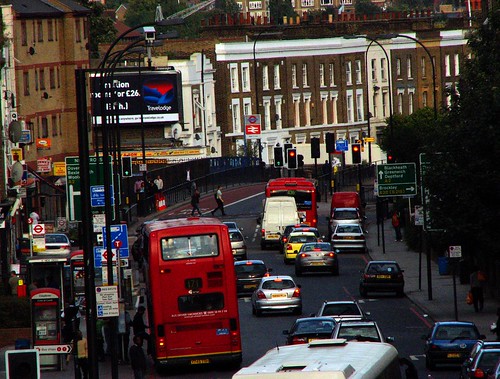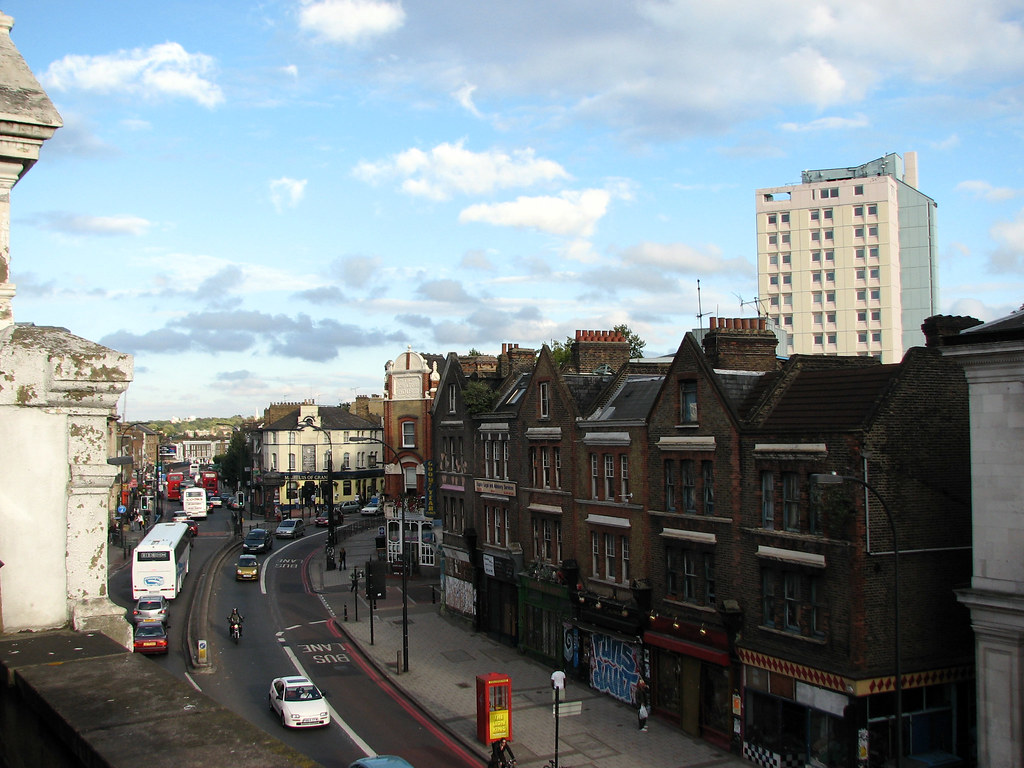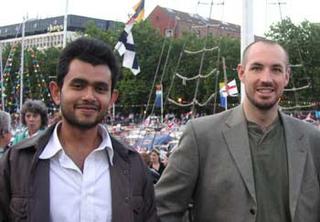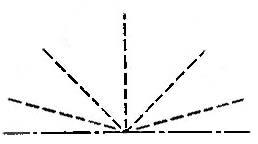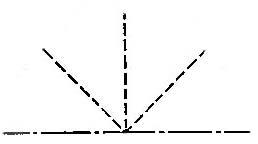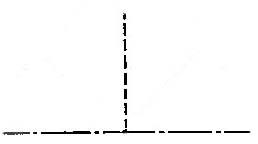Plan of attack:Intro - why Kant? Deontology flows from reason, as opposed to feelings/authorities (reason as
internal and all else as
external - reason: autonomous; all else: heteronomous) Buddhist ethics pursues similar ends for the individual, an overcoming of circumstances as bases for action: they (bodhisattvas) should do good out of good intentions without desire for reward, etc.
Cautionary note: pitfalls and difficulties in comparative philosophy. It is easy to create your own version of Kantian or (more easily) Buddhist ethics and knock down 'straw-men' critics. One must treat each fairly and note aspects that will not be covered and why.
Keown: criticizes comparisons with Utilitarianism (ends justify any means) in favour of Aristotelian ethics. Detailed discussion of karma, nirvana, kusala (good/right), puñña (merit/meritorious), pañña (wisdom), karuna (compassion), cetana (intention), etc. Cover here arguments on Buddhism as Utilitarian, Keown's rebuttal, and his arguments toward an Aristotelian understanding of Buddhism.
Kant against Aristotle: Kant's arguments against the ethics of Aristotle. Aristotle builds his ethics on the goal of
eudaimonia (happiness/flourishing). Kant says that any goal which is basically a 'feeling' fails to give ethical guidance. Our feelings will influence our understanding of
eudaimonia, and as such, our goal will oscillate this way and that, making our ethics - if they are pinned to that kind of goal - in flux.
Kant's Ethics: argues that a solid foundation for ethics can be found in reason - not mechanical reasoning - but in working to 1) think for yourself (question authorities); 2) Listen to others, put yourself in their situation to improve understanding, and; 3) think consistently: develop intentions that can guide you in more and more situations rather than shifting rationale from one situation to another. When a community does this together, out of their conversation come elements of the 'moral law' - a complete and universally binding law which is free from particular wants/needs/desires. This actually establishes a beginning point upon which to build a future order: we must begin with something everyone can do; thus
act on maxim that you would will to be a universal law. This is the famed Categorical Imperative.
Feelings/Respect: Kant does have room for feelings in ethics; but not just
any feelings. The only feelings that can have moral significance must flow from a reasonable basis, and Kant argues that in reasoning we do actually
feel something:
Respect. Respect is what we feel when we employ our own reasoning and it is what we feel when we encounter reasoning in others. In so far as a person
can reason, he/she is worthy of respect; such worth of respect is
dignity. Anything which cannot reason has no dignity.
Freedom/Autonomy: Given that science (think now of life in the 1700s) has shown that everything we see, smell, hear, etc is part of a mechanistic / purely deterministic world, there must be something beyond this world
in us. An animal doesn't reason when it is in a difficult situation, it only reacts, but humans
think about the situation. It is this capacity that sets us apart from the purely natural world where this is no freedom and everything is determined by outside forces. We have the unique ability to
reason, to overcome outside forces. Kant holds that the very concept of
morality requires agents with
freedom who make choices. Weather patterns make no moral choices, nor does a wild animal.
Duty: Humans, and any other rational beings, because we
can (it is not the case that we always
do) make moral choices, have a responsibility to do so (
not sure if this is Kant's reasoning exactly). He says that nature (or God) provides no .... (will return) While following rules at work to get promoted, participating in community service to bulk up your CV, studying hard at school to get a good job, or buying flowers for your significant other to make him/her happy may be
praiseworthy acts, none of them has
moral worth. Only action which is in accord with duty and is done
out of duty is of moral worth. So you constantly have to question your own motives when doing something 'good' - is it because you know you will get something out of it? or are you acting simply and solely because it is a good thing to do,
the good thing to do, and you
need no other reason to do it?
Politics / Self-development: And as such, our
duty to act in accordance with the Categorical Imperative drives us to question authorities (church and state) and to fight our own personal inclinations (wherever they disagree with the dictates of reason). Virtue, according to Kant is 'the strength and ability to overcome such powerful forces' (paraphrase - will get source/quote). So Kant at once has a powerful political (and anti-Catholic) statement and an command for self-development.
Result / Kingdom of ends: The Kingdom of ends represents the actual
nature of all rational beings, in that they/we are all
worthy of being treated as ends and not mere means. This sounds vague, but has strong implications. Whenever you deal with anyone in the world around you, you must see them (honestly) as a moral agent, not
merely a shop clerk,
merely a waitress, etc. This is imperative, again, for both political and self-developmental reasons. The Kingdom of ends also (possibly/likely) represents heaven, wherein all beings
actually do treat one another as full moral agents, equal before the moral law (the Categorical Imperative). In each case, people act at one time as legislator (acting from the law) and as subject to (in contact with other people) the moral law.
Buddhism as Kantian: This will be a task in essentially 'constructing a Buddhism' which fits my arguments and then seeing if that is an agreeable form of Buddhism, or if most Buddhists would disagree with my statements.
Buddhism and Reason: The first of these is that reasoning plays a vital role in the development of the Buddhist. A Buddhist cannot merely recite passages, do calming meditation, follow the precepts (or vinaya/ethical rules if ordained), and expect to gain enlightenment. Such actions, while praiseworthy and
good will only produce
mundane happiness - ie. a good rebirth, happiness in this life, etc. Cf the
Kalama Sutta, Nagarjuna's
Precious Garland, wherein injunctions are made to carefully analyze your actions and decide only with first hand knowledge, whether the guidelines you follow are good or not.
Buddhism and Freedom/Autonomy: As many Buddhists are agreeing recently, autonomy and free will are only a problem if you presuppose a mechanistic material world 'out there' which is experienced by you and me 'in here'. Such a bifurcation is difficult to make in Buddhist philosophy, and so arguments about freedom are never strongly made. The Buddha did, however, argue very strongly against a school of thought which preached predeterminism and hence the uselessness of morality (all will happen as it is already determined to happen). The very fact that the Buddha instructed his followers in a path that they must
choose, according to Kant's standards, implies an implicit notion of freedom. Of course Kant's notion may be overly slanted toward freedom due to his Protestant background. In Buddhism, we are not determined, but we are
conditioned by past actions, and this conditioning will determine our future circumstances.
Self-Development... I'll take a break here.

